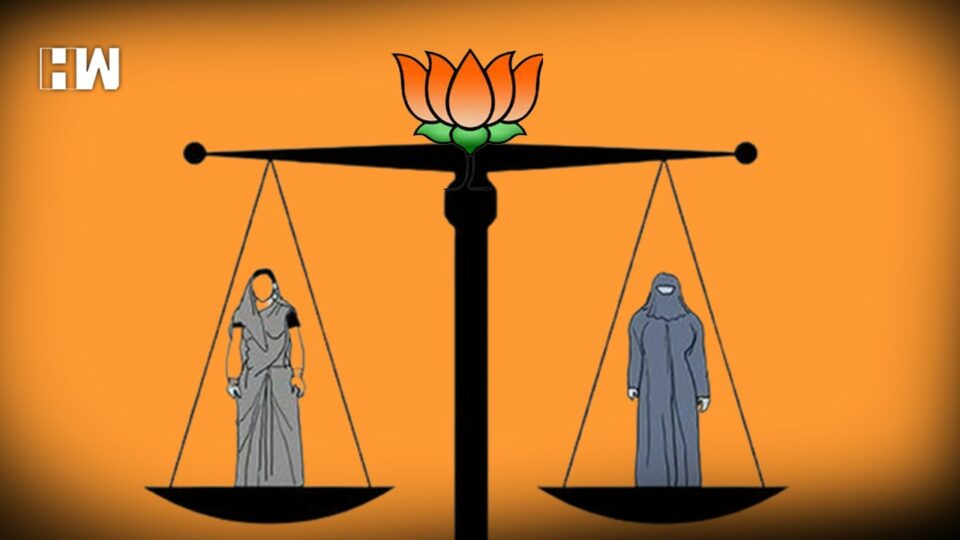The BJP-led government is not only targeting Muslims but also other religions,” said All India United Democratic Front leader Rafiqul Islam.
Gujarat Home Minister Harsh Sanghavi on Saturday announced forming a committee for implementing the Uniform Civil Code (UCC) in the state.
The decision was taken in the cabinet meeting. “Under the leadership of PM Narendra Modi and Union Home Minister Amit Shah, CM Bhupendra Patel has taken a historic decision in the cabinet meeting today – of forming a committee for implementing the Uniform Civil Code in the state,” said Gujarat Home Minister Harsh Sanghavi.
Ahead of the upcoming Assembly elections in Gujarat, the state government announced to constitute of a panel to evaluate implementing the UCC in the state. The committee is likely to be formed under a retired High Court judge.
Now, What Is UCC?:
Uniform Civil Code is a proposal in India to formulate and implement personal laws of citizens which apply to all citizens equally regardless of their religion, gender, and sexual orientation.
The BJP’s 2019 manifesto also mentions of implementation of the UCC. Though many political leaders have backed the UCC saying that it will bring equality to the country, some parties, including the All India Muslim Personal Law Board and All India United Democratic Front, have termed it “an unconstitutional and anti-minorities move”.
Also Read:AIMIM Is BJP’s B Team”: Bihar CM Tejashwi Yadav Ahead Of Bypoll
India is a country of different castes and communities. There are different laws of different religions. If the Uniform Civil Code is implemented then it will affect the country.
The BJP-led government is not only targeting Muslims but also other religions,” said All India United Democratic Front leader Rafiqul Islam.
All India Muslim Personal Law Board has also alleged it to be a rhetoric for bringing the law an attempt by Uttarakhand, Uttar Pradesh, and Central governments to divert the attention from the concerns of inflation, economy, and rising unemployment.
Meanwhile, the Supreme Court last month sought a “comprehensive response” from the Centre on a batch of petitions seeking a direction to the government to frame religion and gender-neutral uniform laws for divorce, adoption, guardianship, succession, inheritance, maintenance, marriage age, and alimony. The top court said whether such a direction in the form of a writ of mandamus can be issued to the legislature for framing laws would be a “basic question.”
The Centre in its reply said that it could not direct Parliament to frame or enact any law on Uniform Civil Code in the country.
The Ministry of Law and Justice in its affidavit stated that the matter of policy is for the elected representatives of the people to decide and no direction in this regard can be issued by the Centre.
“It is for the legislature to enact or not to enact a piece of legislation,” the ministry told the apex court.
How will UCC Affect?
When put into effect, the code will aim to make laws that are currently divided based on religious views, such as the Hindu code bill, Sharia law, and others, simpler. The code will make the complicated regulations governing marriage ceremonies, succession, inheritance, and adoptions simpler and more universal. All citizens will then be subject to the same civil law, regardless of their religious affiliation.
“The State shall endeavour to secure for the citizens a uniform civil code throughout the territory of India.” DR BR Ambedkar had said on UCC according to an Outlook report.
As an independent media platform, we do not take advertisements from governments and corporate houses. It is you, our readers, who have supported us on our journey to do honest and unbiased journalism. Please contribute, so that we can continue to do the same in future.

